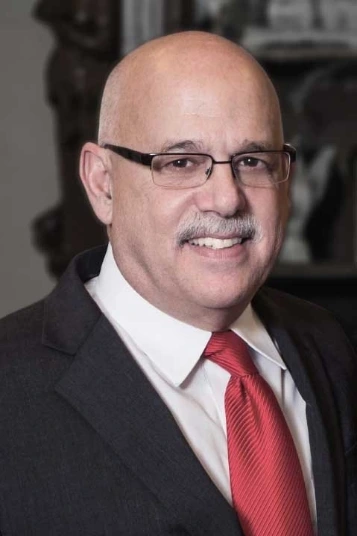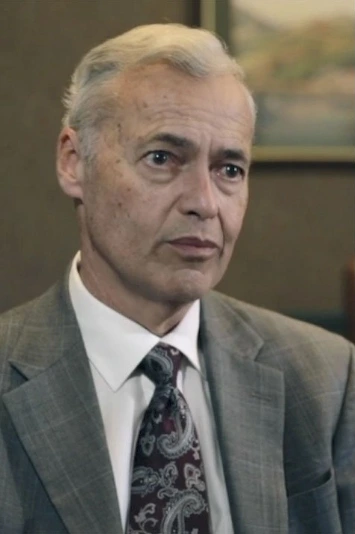FMCSA Implements New Commercial Driver’s License Rules
The trucking industry in Connecticut and around the country is regulated by the Federal Motor Carrier Safety Administration. New commercial driver’s license requirements were scheduled to go into effect in early 2017, but regulatory reviews ordered by President Trump caused the new FMCSA rules to be delayed by more than five months. However, the review process has now been completed, and the revised licensing requirements became effective on June 5.
Interested parties like driver training services and freight moving companies are being given almost three years to comply with the new rules, which will apply to truck drivers who receive their commercial driver’s licenses on or after Feb. 7, 2020. Changes to the current requirements include the introduction of a core curriculum and mandatory behind-the-wheel training. A registry of FMCSA approved commercial vehicle driving instructors has also been compiled.
Some industry groups and road safety advocacy organizations say that the new regulations do not go far enough, and they have criticized the FMCSA for not requiring trainee truck drivers to spend a minimum amount of time behind the wheel. The agency called for 30 or more hours of behind-the-wheel training on both open roads and closed courses when the ruled changes were originally proposed, but the requirement was dropped during the review process. While lobbying groups have asked the FMCSA to revisit this decision, the agency says that there is no clear evidence linking more comprehensive behind-the-wheel training with reduced truck accident rates.
Truck drivers or their employers may face severe legal sanctions when they ignore federal regulations and place road users in danger, and experienced personal injury attorneys may check driving and violation records when pursuing compensation on behalf of individuals who have been injured in tractor-trailer crashes. This information could be used to establish a pattern of reckless actions when the defendants in these cases claim that they did all they could to prevent accidents.








